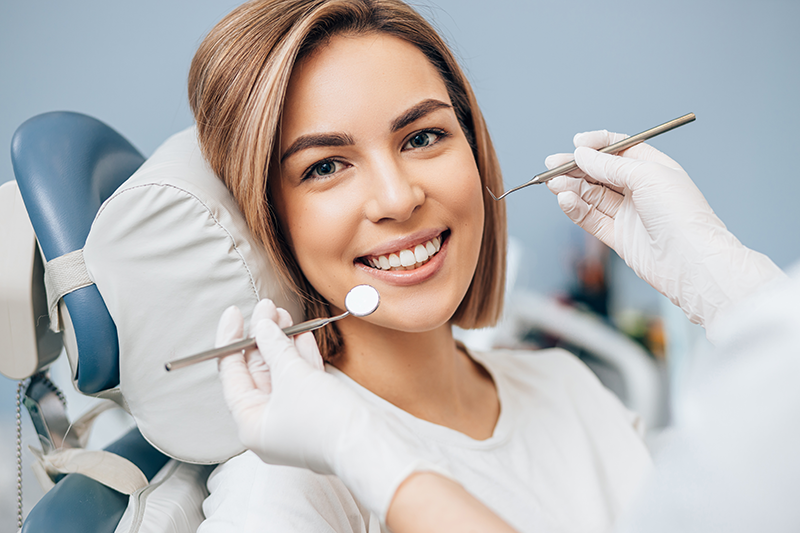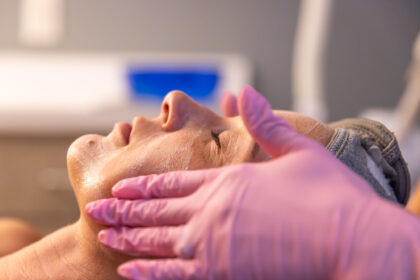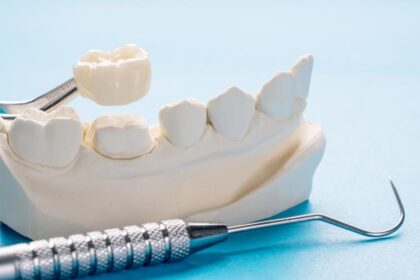Regular dental check-ups are beneficial for maintaining oral health and addressing potential concerns before they develop into more serious problems. A routine dental exam involves a systematic process carried out by dental professionals to evaluate your oral health and provide necessary care. Knowing what to expect can help ease any uncertainty and encourage you to stay consistent with your appointments. Here’s a detailed look at the typical steps involved in a routine dental exam.
Reviewing Your Dental History
A dental exam typically begins with a discussion about your medical and dental history, providing the dentist with context about your overall health. They may ask about allergies, medications, ongoing health issues, or habits like smoking and diet that affect oral health. This helps them tailor their approach to your specific needs.
Examining Teeth and Gums
After reviewing your dental history, the dentist or hygienist will thoroughly examine your teeth and gums. Here’s what they typically do:
- Visually inspect: They check your mouth for cavities, discoloration, or tooth damage and look for swelling, redness, or irregularities in your gums.
- Use tools: They use specialized instruments to identify tartar buildup, weak spots, or hidden problem areas between your teeth.
- Check gum health: They use a probe to measure the depth of the spaces between your teeth and gums, which indicates the health of your gums.
This thorough examination provides them with a clear picture of your oral health and helps identify any issues early.
Taking X-Rays if Needed
Dental X-rays are a standard part of many routine exams, although they are not always required at every visit. If your dentist decides to take X-rays, they will explain the purpose of the procedure and how it works.
X-rays provide a detailed view of areas that cannot be identified through a visual exam alone. They are used to uncover hidden cavities, assess the jawbone, or evaluate the roots of your teeth. These images allow the dentist to plan any necessary treatments with precision.
Cleaning and Polishing Teeth
Following the examination, focus on keeping your mouth clean. During a dental cleaning, the hygienist takes these steps:
- Scales your teeth: They use a scaler to remove plaque and tartar around your teeth and along your gumline. This step helps prevent gum disease.
- Polishes your teeth: After scaling, they polish your teeth using a small rotating brush and a special paste, which smooths the surfaces and removes minor stains.
- Flosses your teeth: Finally, they floss between your teeth to clear away any remaining debris, leaving your mouth completely clean.
This part of the visit refreshes your mouth while controlling bacteria buildup and promoting long-term oral health.
Schedule Your Next Dental Exam
Before leaving the office, it’s a good habit to schedule your next routine exam. Dental professionals often recommend exams every six months, but they may adjust this based on your specific needs. Establishing regular appointments helps you stay on track with preventive care, creating the foundation for a healthy smile. By understanding what happens during a routine dental exam, you can approach your next appointment with a better understanding. Schedule your next dental exam today.









